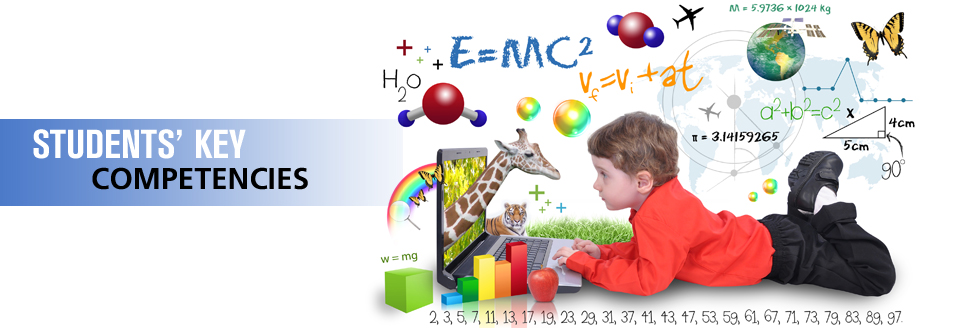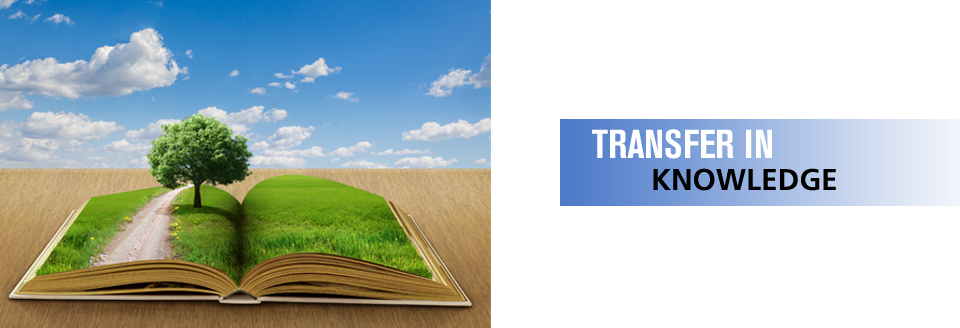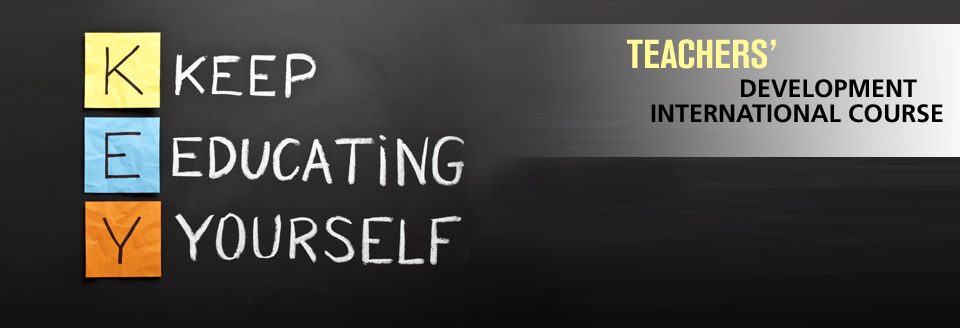Methodology
Throughout the duration of the course teachers will be handled in three different modes:
a) as learners participating in authentic learning activities;
b) as teachers implementing and assessing competence based/holistic approaches in their classes; and
c) as researchers collecting, examining & interpreting data about their practice and their students’ learning.
Participants will be provided with strategies that promote KCA and student-centered learning (indicative examples are: inquiry learning model, project and game-based learning), which they will be given the opportunity to modify accordingly. A number of indicative portals (such as LRE for Schools, Europeana, MERLOT, TED Ed) will be proposed to participants in order to help them develop their technology enhanced multidisciplinary learning scenarios. Participants will have the opportunity to participate in hands-on educational activities and also apply critical thinking and reflection, analytical and political economy skills in terms of European socio-economic realities towards embracing diversity.
The training course comprises of 8 hours of lectures/demonstrations and 15 hours of hands-on workshops. The lectures will be held in an auditorium, whereas the workshops will be carried out in a multimedia lab where each participant will have direct access to a PC and will carry out planned exercises. Visits both physical and virtual (3D) and field work in the Minoan Palace of Knossos, the Heraklion Archaeological Museum, the Museum of Visual Art of Heraklion and the Natural History Museum of Crete will introduce participants to innovative ways for creating links between schools, heritage providers, research centres and informal learning settings. Participants will be introduced to the use of PDAs for enhancing the learning experience in museums, and of social tagging techniques for describing educational resources.







